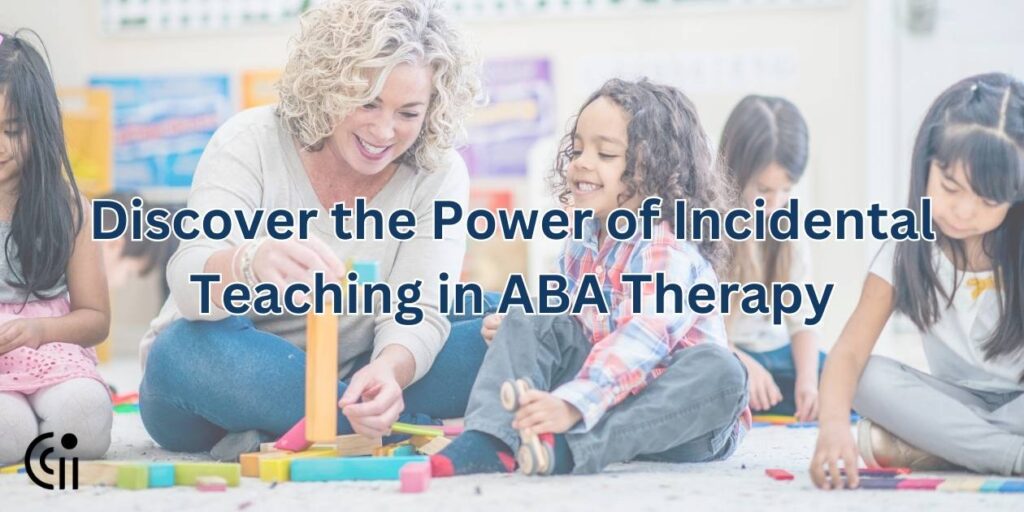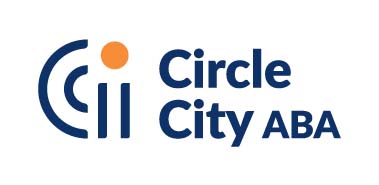
Incidental teaching is a powerful strategy used in ABA therapy to help children learn in natural settings. Instead of structured lessons, therapists take advantage of everyday moments to teach important skills. This approach makes learning more engaging and meaningful for children, especially those with autism.
What is ABA Therapy?
Applied Behavior Analysis (ABA) therapy is a science-based approach to helping children develop important skills. It focuses on understanding how behaviors work and using positive reinforcement to encourage learning. ABA therapy helps children with autism improve their communication, social skills, and independence.
Key Principles of ABA Therapy
ABA therapy follows key principles to support learning:
- Positive Reinforcement – Encouraging good behavior with rewards.
- Generalization – Teaching skills that can be used in different settings.
- Individualized Learning – Adapting strategies to meet each child’s unique needs.
What is Incidental Teaching?
Incidental teaching is a natural way to teach skills by using everyday interactions. Instead of sitting down for a structured lesson, therapists create opportunities for learning during play, mealtimes, or social activities. This makes it easier for children to apply new skills in real-life situations.
Basics of Incidental Teaching in ABA Therapy
Incidental teaching happens when a child shows interest in something, and the therapist uses that moment to teach. Here’s how it works:
- Child-Initiated Interaction – The child shows interest in an object or activity.
- Therapist Response – The therapist encourages communication by asking a question or prompting the child to make a request.
- Reinforcement – When the child responds correctly, they receive praise or the item they want.
For example, if a child reaches for a toy car, instead of giving it right away, the therapist might say, “What color car do you want?” This encourages the child to use language to make a request.
Benefits of Incidental Teaching in ABA Therapy
- Encourages Natural Learning: Incidental teaching helps children learn in familiar settings, making it easier to use their skills in everyday life.
- Improves Communication Skills: By creating opportunities for conversation, children practice using words and gestures to express themselves.
- Increases Motivation to Learn: Children are more engaged when learning is connected to their interests. This makes it easier for them to stay focused and participate.
- Builds Independence: Since incidental teaching happens in real-world situations, children become more confident using their skills on their own.
How to Get Started with ABA Therapy
If you think your child could benefit from ABA therapy and incidental teaching, Circle City ABA is here to help. Our team creates personalized programs to support each child’s development in a fun and natural way.
Contact our admissions team for more information on our services and how we can support you and your child. Find a location near you! We serve Arizona, Georgia, Indiana, Iowa, and Nebraska.


